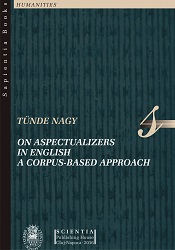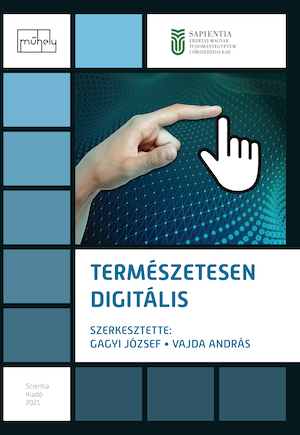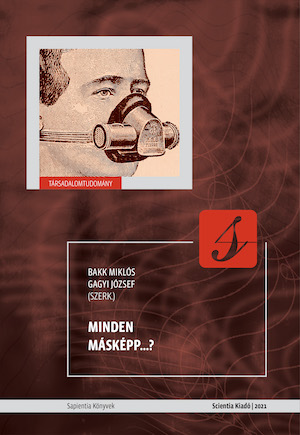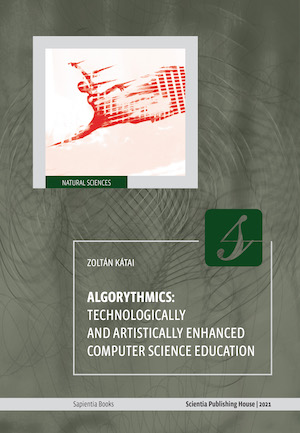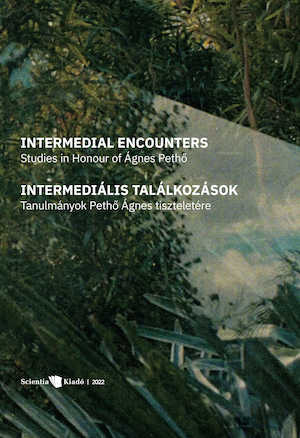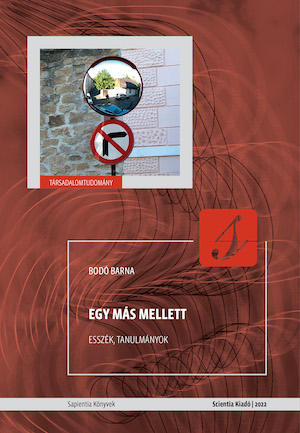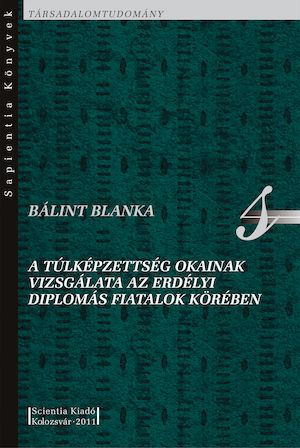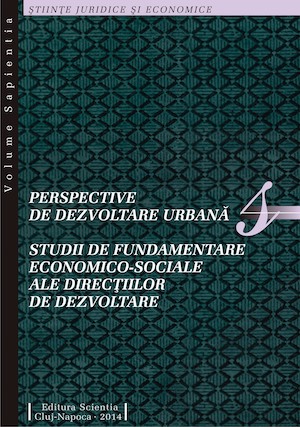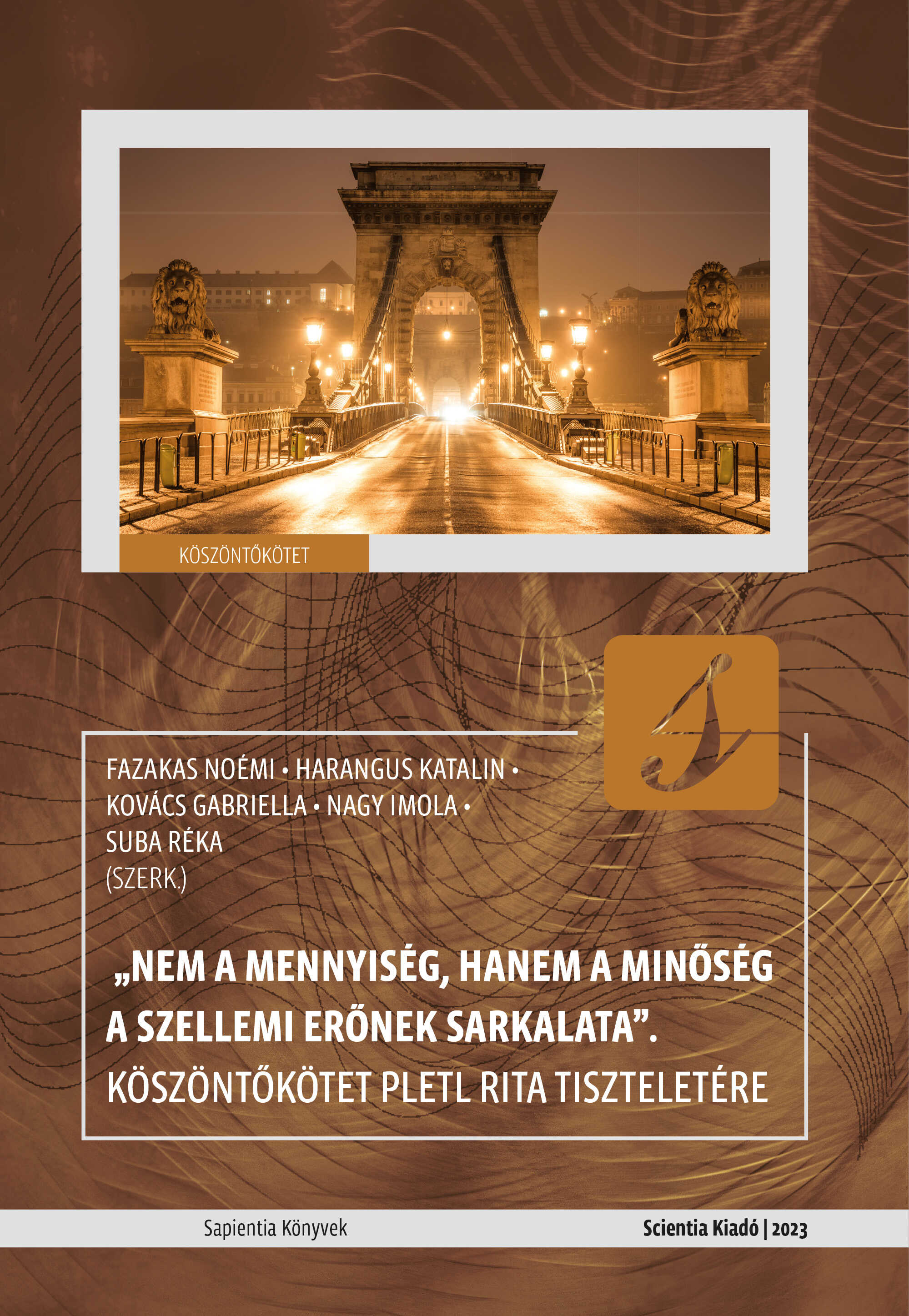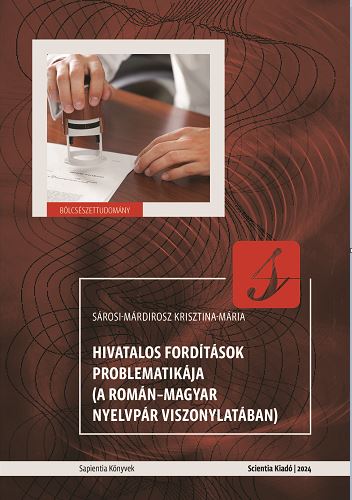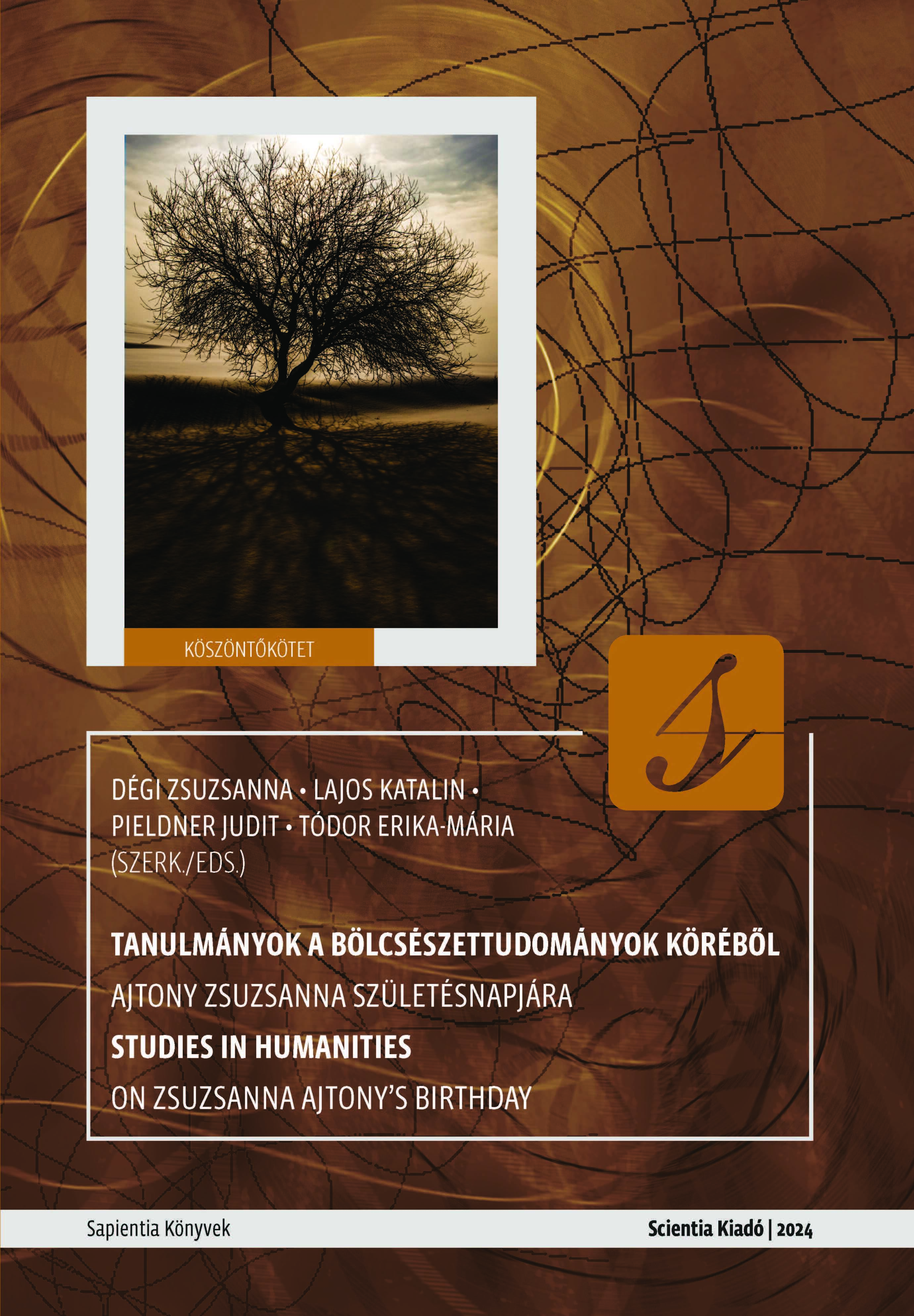Intermediális találkozások
Author(s): / Language(s): English,Romanian,Hungarian
Keywords: intermediality; film; in-between; cinema;
Intermedial Encounters is a collective volume written by film scholars honouring the uniquely homogenous academic work centred on Ágnes Pethő’s concept of intermediality. The chapters of the book have been written by scholars, artists, colleagues, and disciples who share Ágnes’s passion for intermediality and for cinema in general. They have been invited to contribute either a personal account of their own relationship with the academic field of intermediality or a film analysis of their choice (not necessarily related to the phenomenon of intermediality). Therefore, the volume creates a cluster for new research developments by those who founded or joined the academic discourse around this specific concept. The book is divided into sections representing different specific areas within this discourse and also corresponding to different stages in Ágnes Pethő’s research. Embracing the idea of hybridity and of in-betweenness, there are photo essays included between the sections, and articles are richly illustrated with film stills and other types of images, creating the intermedial bond between intellectual reflection and affection. In this way, the book attempts to offer a multisensory experience in itself. After an introductory part presenting Ágnes Pethő’s career path, the section Personal Encounters consists of subjective accounts of her inspiring presence written by a former student, a visiting professor, and a scholar of intermediality (Nándor Jakab-Benke, Anna Geréb, and Jens Schröter). The section title An Archaeology of Intermediality is inspired by Ruggero Eugeni’s article on the origins of intermediality, while it also alludes to intermediality preceding cinema in pre-historical art described by Jürgen E. Müller, to Michael Haneke’s metacinema (Mircea Deaca), or to Derrida’s term cinécriture contributing to the discourse of intermediality, as Jolán Orbán suggests. The section Cinema In-between Media points to the first chapter from Pethő’s book Cinema and Intermediality. The Passion for the In-Between (2011, republished in an enlarged edition in 2020), in which intermediality is placed in a philosophical and phenomenological perspective. From this perspective, this section is preoccupied withdifferent inscriptions of one medium into another: the electronic vocabulary of video (Yvonne Spielmann), still photographs, and asynchronous voice-over in Hollis Frampton’s structural film (Susan Felleman), early Italian cinema’s return to the pictorial (Ivo Blom), and even the presence of silent cinema in Hungarian ekphrastic poetry (Orsolya Milián). The section Intermediality and Authorial Reflexivity opens with an abstract, theoretical perspective on the specular affinities of cinema in relation to self-reflexivity and intermediality (Fátima Chinita) and continues with analyses of various films sustaining this approach, focusing on authorial presence and the relationship between film and literature (films by Hong Sang-soo, Feng Xiaogang, Piotr Subbotko, Federico Fellini, and 584 New Hollywood films are discussed by Teréz Vincze, Ying Zhu, Ewa Mazierska, and Zsófia Ferencz). The section The Allure of Painting in Cinema evokes Pethő’s seminal article written on Hitchcock as a “visual artist working on the media border of painting and cinema” and contains articles addressing the intermediality of painting and cinema as different ways to achieve immersion: by way of transgressing a picture’s frames into the cinematic world (Joachim Paech) or as a way to get immersed in a painting through cinema (Brigitte Peucker), intermedial transgressions between painting and cinema are also discussed in film analyses by Judit Pieldner and Katalin Turnacker. The sections Screens of Memory in Post-1989 Romanian Cinema and The Poetics and Politics of Intermediality in Hungarian Cinema recall the recent collection edited by Pethő: Caught In-Between. Intermediality in Contemporary Eastern European and Russian Cinema (2020) and contain discussions of two national film cultures in geographical vicinity but advocating different film aesthetics. The authors of these studies are film scholars (Andrea Virginás, Christina Stojanova, KatalinSándor, Mónika Dánél, Gábor Gelencsér, Miklós Sághy, Balázs Varga) who contributed greatly to the interpretation of Eastern European cinema, and now they demonstrate how an intermedial approach can open new directions in understanding local cinema culture in broader theoretical and global contexts. Embodied Visions points to the conference and collective volume The Cinema of Sensations (2015), just as Scenes of the L’entre-images evokes the edited volume Film in the Post-Media Age (2012), while the section The Real and the Intermedial echoes the title of the 2015 Cluj-Napoca conference. Recent currents of film phenomenology and film philosophy have had an impact on Pethő’s understanding of intermediality, and by channelling key notions such as embodied vision and haptic visuality, l’entre image, post-media age eventually led to a redefinition of the term and to the expansion of the research field. These sections show the methodological potential and the versatility of the aforementioned concepts not only in films but in expanded cinema, arts in general, and also in VR and new media experiments. The book closes with Ágnes Pethő’s curriculum vitae, a list of publications, and the conferences that she has organized.
More...
